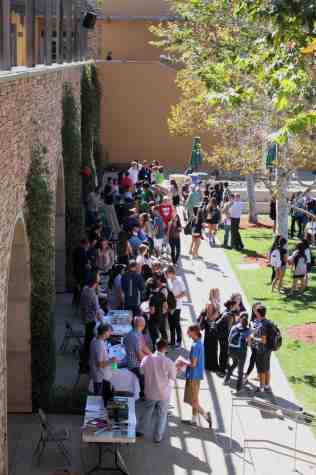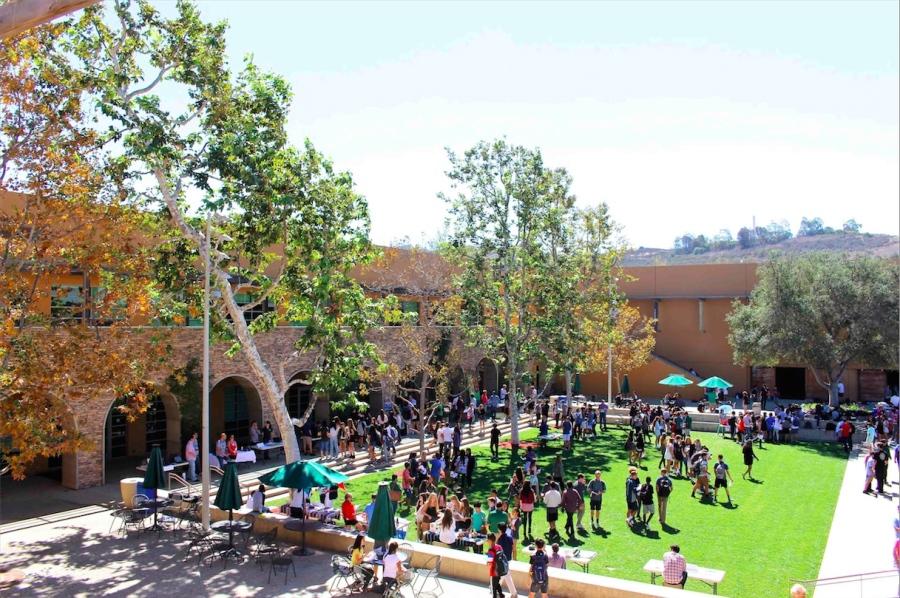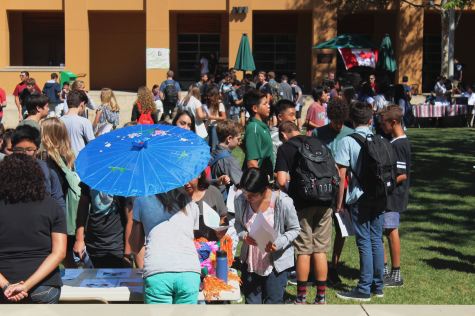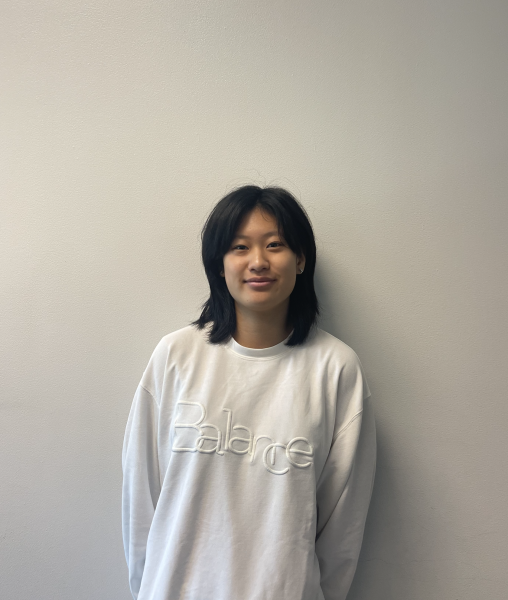Spring at Sage
We Are the Ones Who Really Learn
A common complaint from high school students is that they can’t study what they really want in school, that they have to wait until college to explore their true passions to their full extent.
In many ways that is true.
We come home to seven hours of reading from four AP classes, or stay at our soccer game until 8 p.m. and then realize that we have a math test the next day that we didn’t study for.
And people expect us to work? To become well-read? To cook? To begin to learn to support ourselves?
With what time are people expecting us high schoolers to be actual human beings? We don’t choose to be this way. But the world makes us into coffee-slurping, book-reading monsters who are constantly looking for “the end” of the misery of high school during what should be the best time of our lives.
Of course there are exceptions.
Countless Sage students are already moving the world, doing things from scientific research at UCI like senior Claire Goul to writing novels like junior Namita Prakash. We are playing basketball and breaking track and field records. We are present in the now.
 Donna Afrasiabi
Donna Afrasiabi
But how can Sage keep us from constantly looking to the future?
Spring at Sage is a supplemental learning program many students take for granted that is valuable not just to people’s learning experience but to the overall culture of the school.
This year we have more diversity of Spring at Sage programs than we’ve ever had, with opportunities to learn about science and math teacher Chris Vivo’s knowledge of the weaponry of medieval martial arts and explore Vietnam with Chinese teacher Amy Fu and AP World History teacher Steven Schumacher.
“Most students’ parents would never take them on this trip. It’s [very] different from what they’re used to…students will get to learn Chinese calligraphy and go to cooking class…I’m excited to immerse myself in a whole different world,” Fu said.
Clearly, students here have a lot more to look forward to than just their future lives as adults and in college.
“We are going to start out by looking at how weapons are portrayed on the stage and screen, and then how they’re actually used, in the time period of the 13th to the 18th century,” Vivo said of his weaponry of medieval martial arts seminar.
If swords are not your thing, there are plenty of other trips and seminars ranging from exploring the active volcanoes of Costa Rica to traveling to France.
“I am excited for the active volcano…Though Costa Rica is one of the most common places for ecotourism in the world, we will be going places many people don’t go,” said Physics teacher Rachel Dunham of the Costa Rica trip.
Spring at Sage also features domestic trips and a host of on-campus seminars to choose from. For a complete description of each seminar and trip, click here or check the Sage Hill School website.
Spring at Sage is just another way of taking education beyond the classroom. For if the extent of our educational experience is drinking just enough coffee to get us through first period biology, what are we really learning?






